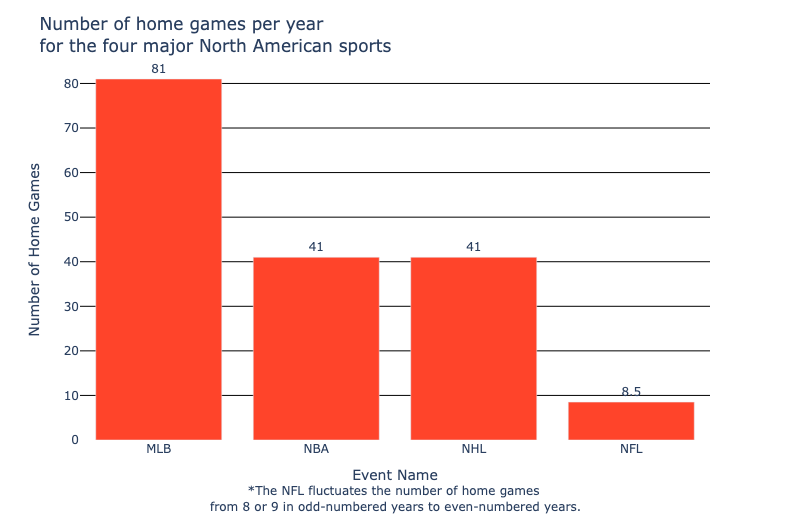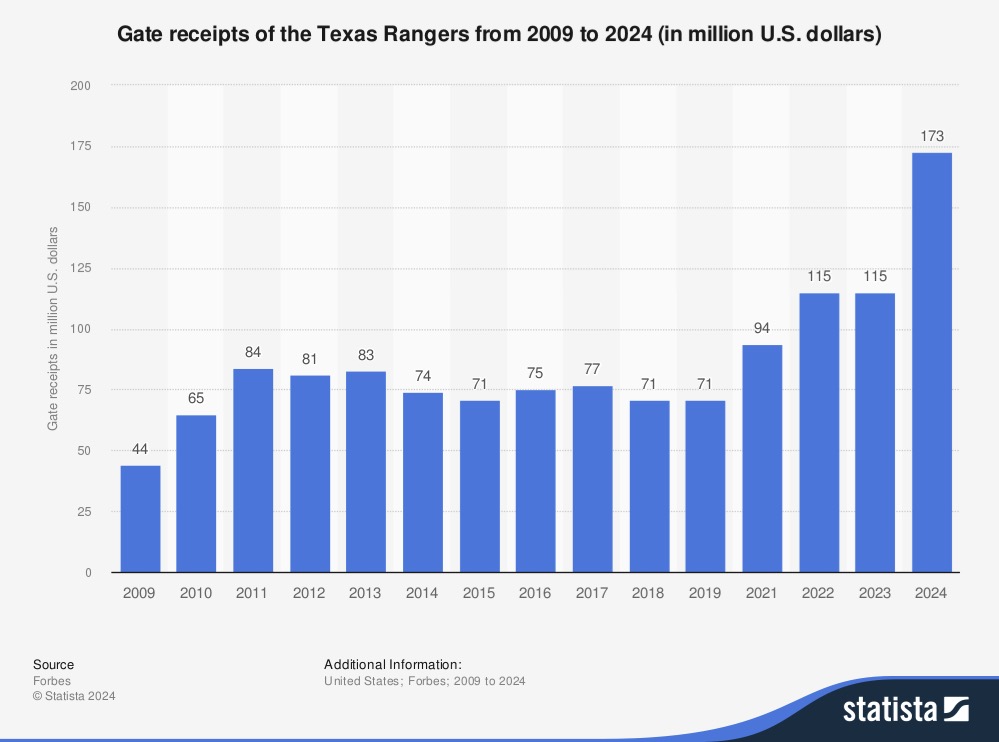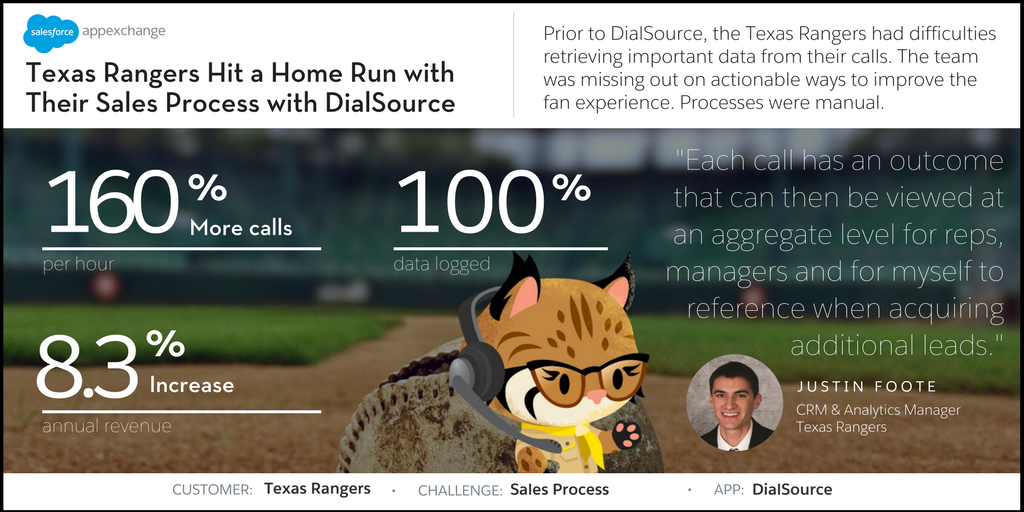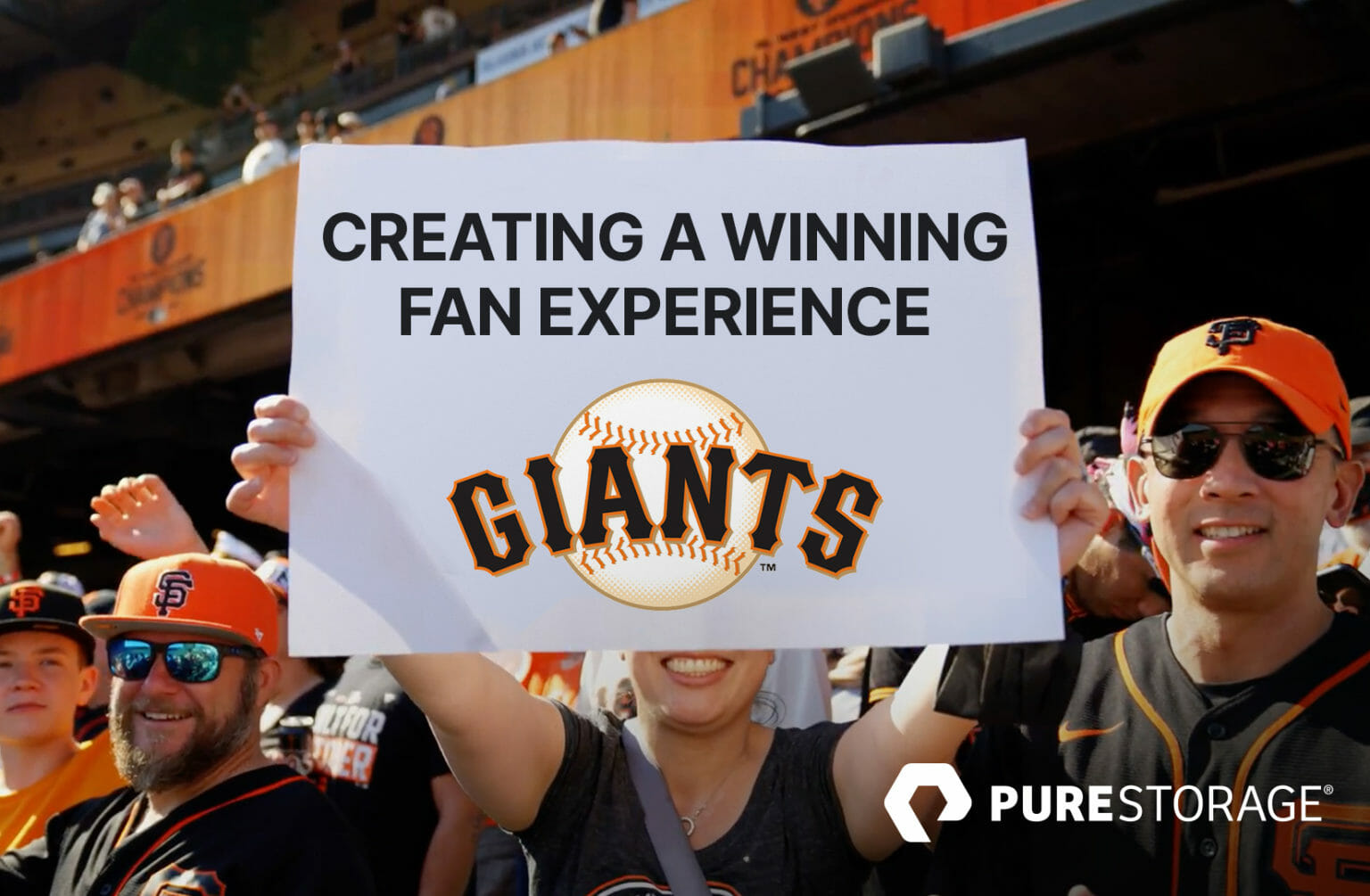
MLB's Data-Driven Marketing Strategy: Utilizing Data in Sports part 3

Data Utilization for Sports Teams
In our series on data utilization in sports, we have covered various topics. The first installment explored why Spain's LaLiga shares competition data with fans. The second installment focused on technology companies like Hawk-Eye, Google, and Databricks that support MLB's data utilization, detailing how competition data enhances the fan experience.
While the first two parts discussed competition data utilization, this installment focused on data-driven marketing. This highlights the enormous amount of marketing data in addition to the competition data obtained by tracking systems. The utilization methods for each type of data may vary, or they may need to be combined, requiring sports teams to appropriately manage data based on their objectives. Maximizing the value of diverse and vast data requires careful consideration of how and where to handle data.
Data related to stadium attendees, in particular, is highly fresh. Therefore, an environment that can handle this data quickly is essential. By collecting, analyzing, and utilizing data in real-time, teams can respond promptly to fan needs and provide a better experience.
Emphasizing real-time data utilization is key to enhancing fan satisfaction and increasing repeat visits to the stadium. This strengthens fan engagement and enables sports teams to maximize revenue.
MLB's Abundant Financial Resources
"Shohei Ohtani signs a $700 million, 10-year mega-contract with the Dodgers, equivalent to about ¥101.5 billion."
Earlier this spring, big news reached Japan. Shohei Ohtani surpassed elite players like Mike Trout, Mookie Betts, and Aaron Judge, signing the highest contract in MLB history and the highest across North America's four major sports. This news highlighted not only the high expectations for Ohtani's abilities but also the abundance of financial resources in the MLB market.
How do MLB teams generate such abundant funds? Behind this lies the utilization of data.
In the third installment of our series on data utilization in sports, we explore how MLB teams leverage data to drive sales.
The Importance of Ticketing
MLB teams can host 81 home games each season, the highest number among North America's four major sports (MLB, NBA, NFL, NHL). The chart below compares the number of annual home games across different sports leagues.

Given the large number of games, ticketing accounts for about one-third of MLB's revenue. Therefore, it's crucial for MLB teams to provide fans with experiences that make them want to come and watch and come back again — both inside and outside the stadium.
Successful ticketing relies heavily on the overall quality of the time fans spend at the stadium, not just watching the game. Teams need to use data to understand fan behavior and preferences, providing more personalized experiences.
Let's look at the efforts of teams aimed at enhancing the fan experience.
Comprehensive Data Utilization: The Texas Rangers
Data-Driven Pricing and Revenue Maximization
The Texas Rangers use Tableau to implement data-driven pricing strategies and maximize revenue. This system has enabled 92% of employees to make data-based decisions.
By analyzing a variety of data points — field performance, ticket sales data from previous seasons, and competitor pricing — the optimal ticket prices are formulated. This approach ensures fair pricing, maintaining a price range that is accessible for fans and securing stable revenue. Furthermore, real-time data updates allow for price adjustments per game, enabling flexible ticket sales in response to demand.

Cited from Gate receipts of the Texas Rangers from 2009 to 2024
Enhancing Fan Experience with Real-Time Data
Utilizing AI and Tableau AI gives new insights to further enhance the fan experience. Predictive analytics via AI help forecast fan behavior and movement patterns on game days, optimizing stadium services and congestion management.
On game days, the Rangers use real-time gate data to avoid congestion and respond swiftly. For example, using Tableau, they track the number of entrants through five gates in real-time and can allocate more staff to congested gates. Especially during giveaways like bobbleheads or T-shirts, redistributing items to crowded gates maximizes the fan experience.
Additionally, integrating Tableau with Salesforce Service Cloud has improved responsiveness to fan inquiries and concerns. By visualizing frequently asked questions, the team has improved stadium signage and directions, enhancing fan convenience.

Cited from Every Real Texas Rangers Fan Knows These 9 Things
Leveraging AI and Brand Campaigns
The Texas Rangers continuously monitor social media engagement rates with Tableau, aiming to improve performance. Detailed demographic analysis—gender, age, ethnicity, marital status—helps develop the most effective campaigns for target audiences. For example, interactive content on social media for younger fans and newsletters or event invitations for older fans, adopting a personalized approach.

Cited from DialSource: Texas Rangers Customer Spotlight 、Texas Rangers’ data strategy hits a home run with fans
Data as a Secret Weapon: The San Francisco Giants
Data-Driven Fan Engagement
The San Francisco Giants use data analytics to enhance the fan experience and maximize attendance. Bill Schlough, the team's CIO, emphasizes that data insights are essential to attract fans throughout the long regular season. The Giants have implemented new initiatives to fill the stands for all 81 home games in the season.
Specifically, they utilize machine learning and AI to predict which ticket products will appeal to fans, optimizing their marketing strategies. By combining data from social media, CRM, POS, and purchase history, they offer customized experiences. Beyond traditional promotions like giveaways, they provide more personalized services such as meal vouchers or special event invitations. This increases fan engagement and encourages stadium attendance.
Introducing "The 415"
To attract younger fans, the Giants introduced a membership called "The 415," named after San Francisco's area code, offering a fixed-price outfield section called "The 415 Bullpen Terrace." Members receive benefits like discounted tickets, special deals on food and drinks, and invitations to exclusive events.
The aim of "The 415" is not just revenue growth but also building a future fan base. By providing appealing pricing and experiences for younger fans, they are fostering the next generation of baseball enthusiasts. Moreover, data analytics help understand fan behavior and feedback, enabling more attractive promotions and experiences. The Giants aim to expand their fan base through creative giveaways and events that draw families to the stadium.
Bill Schlough states, "Data is our secret weapon. We use data to evolve the fan experience and make the stadium a more attractive place."

Cited from How the SF Giants Create a Winning Fan Experience with Data
Why Morph Focuses on Utilizing Data in Sports
Morph is collaborating with the football club "SHIBUYA CITY FC," which aims to join the J-League from Shibuya, to promote the use of athlete data.
However, compared to plethora of devices that collect athlete data, software to effectively utilize that data is still developing, and there is room for improvement.
In this context, Morph can effectively fill the gap between data collection and utilization, providing a flexible tool for data utilization.
